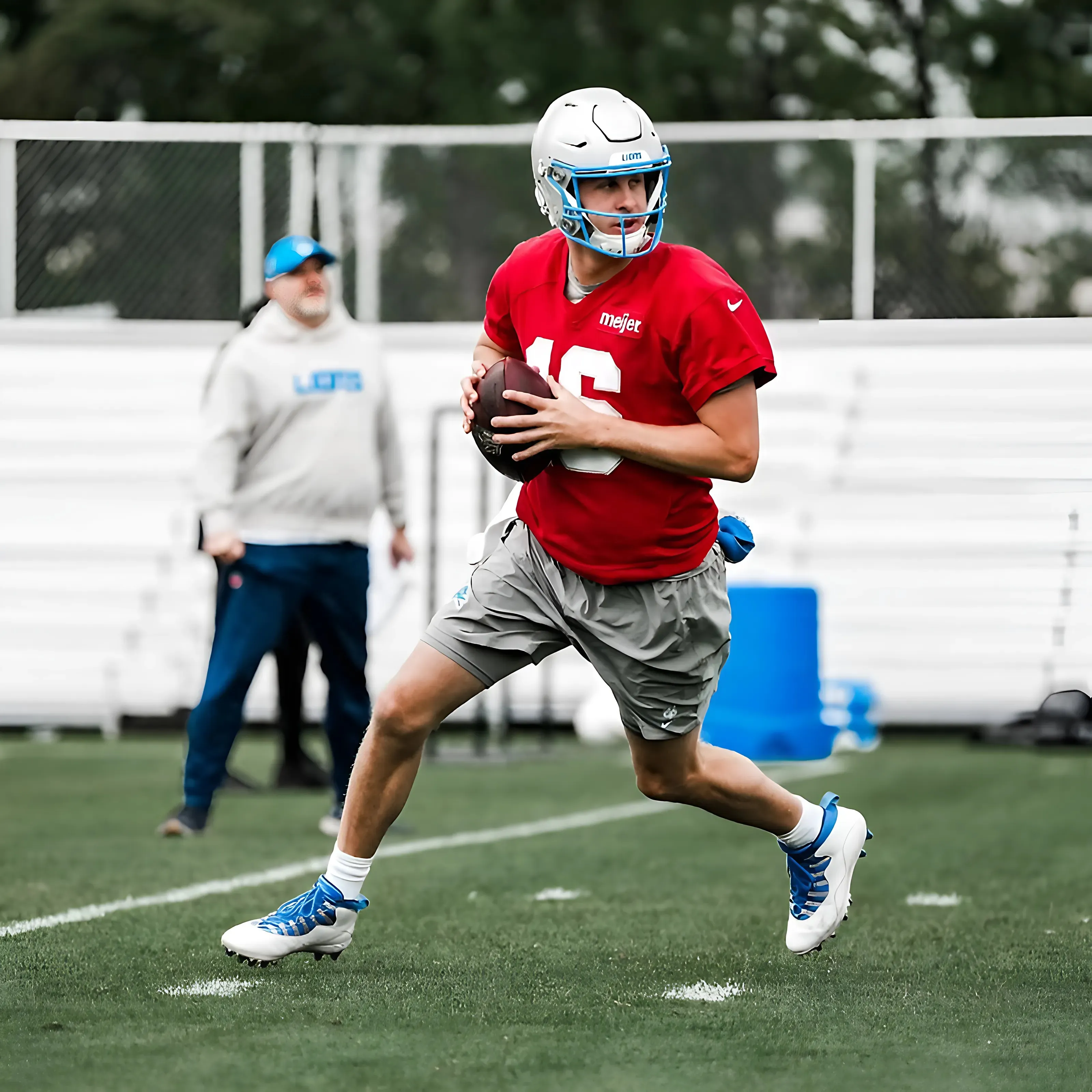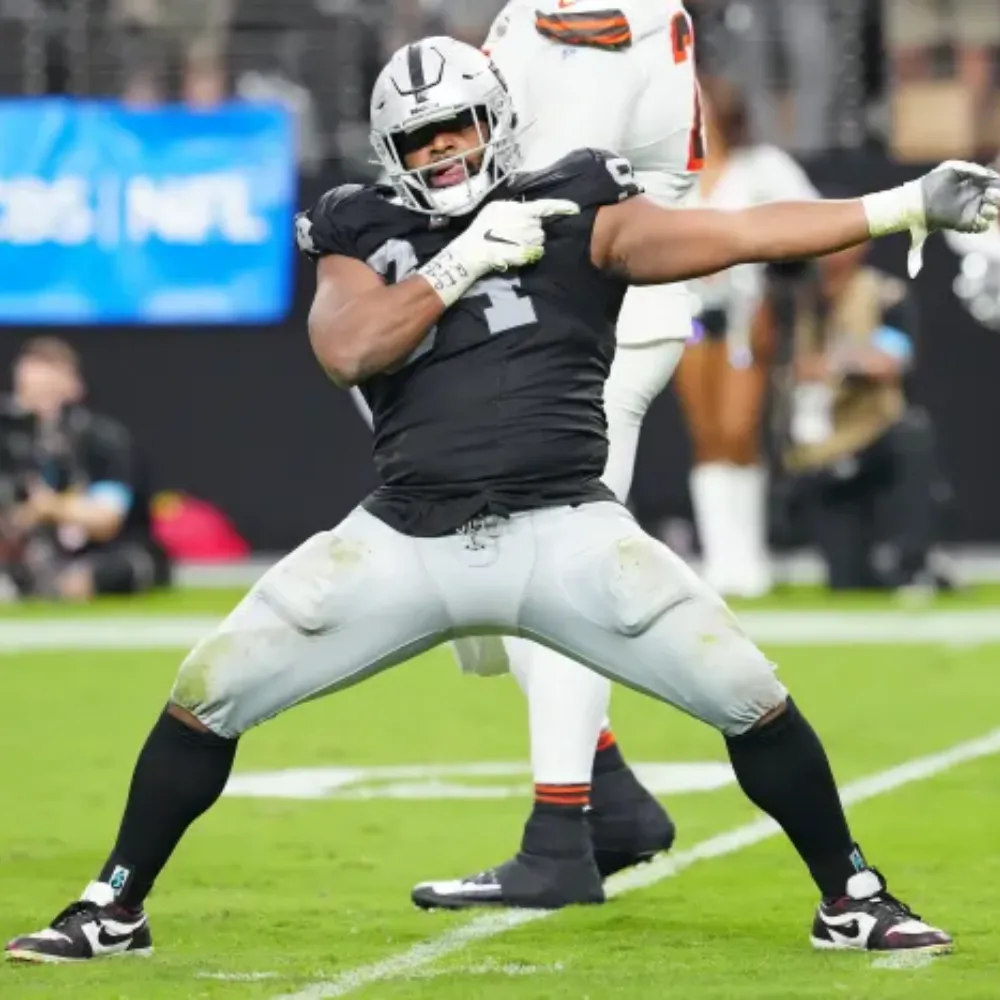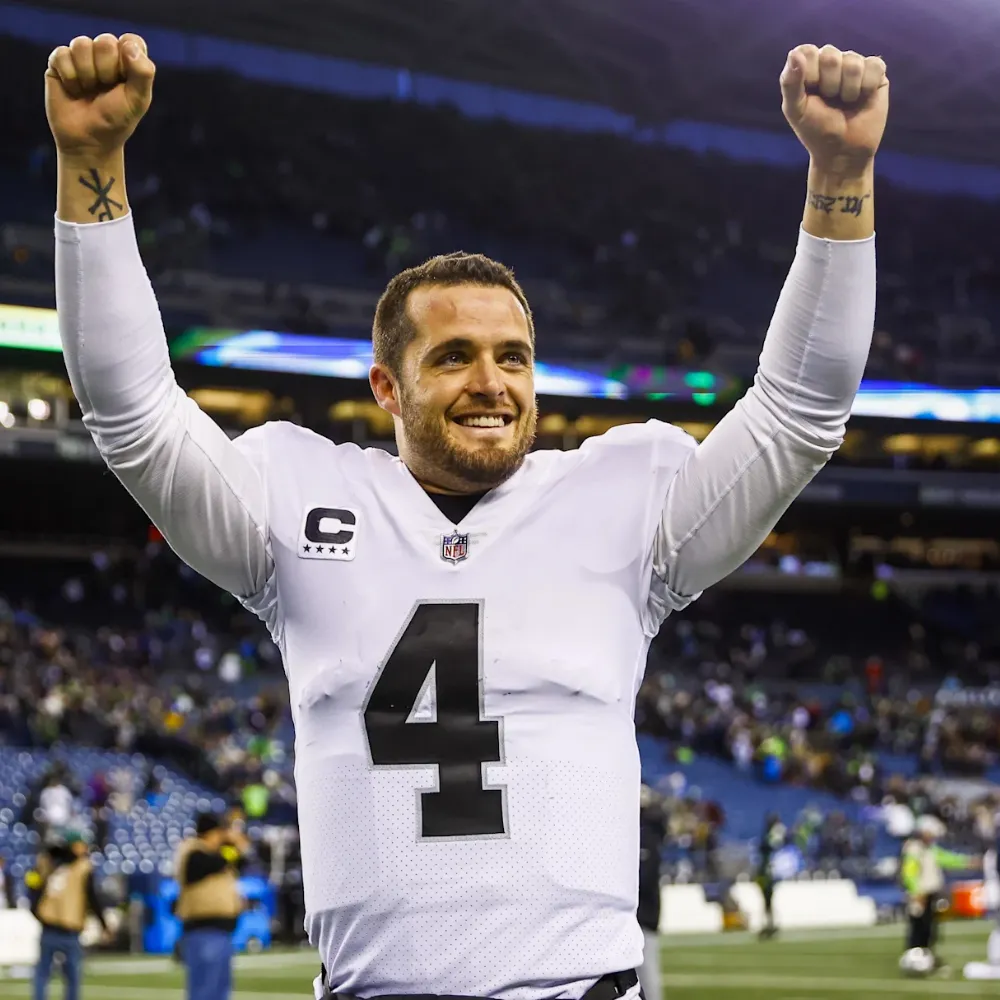 Amid revelations about collusion and contract manipulation in the NFL, the agent of the Dallas Cowboys' Dak Prescott has issuing a warning that the most lucrative path for players often lies in shorter contracts, not the long-term deals.
Amid revelations about collusion and contract manipulation in the NFL, the agent of the Dallas Cowboys' Dak Prescott has issuing a warning that the most lucrative path for players often lies in shorter contracts, not the long-term deals.
Once considered the holy grail, long-term commitments from an organization was like striking a goldmine for a player by ensuring their finances and position in the sport would be safe for years to come.
Considering a football career can end in one unfortunately timed tackle or ACL snap, it was considered wise to pen to one franchise whenever a player could, thus protecting them. But that might not be the case anymore.
The development comes after recent documents, highlighted by journalists Pablo Torre and Mike Florio, have exposed troubling insider behavior from the NFL Commissioner, Roger Goodell.
The executive allegedly encouraged teams in March 2022 to avoid fully guaranteed veteran contracts, using Deshaun Watson's mammoth deal as a stand-in for contracts to be avoided.
Leaked texts even suggest the NFL and NFLPA sidelined players like Russell Wilson (with the Denver Broncos), Baltimore Ravens' Lamar Jackson, and Arizona Cardinals' Kyler Murray from fair negotiations.
Into this climate, Prescott's team and A.J. Stevens are sounding alarm bells. In an interview posted on X by Ari Meirov, Stevens explained why shorter-term deals enhance a player's future earning potential.
"One of the main aspects of all NFL contracts is they aren't fully guaranteed," Stevens told Ari Meirov. "Outside of Deshaun Watson's, there aren't long-term, fully guaranteed deals. Because ultimately, these guys aren't playing 15, 20 years in the NFL.
He emphasized that, once guarantees expire, teams have unilateral control to retain or release a player-almost always opting to part ways when their contracts become fully or partially non-guaranteed.
The solution? To chase down shorter deals that enable them to negotiate multiple contracts during their athletic peaks and cash in bigger whilst convincing teams to take the risk.
"You want to try and give yourself an opportunity," Stevens said. "To hit a third contract while they're still in the prime earning years of a player."
Russell Wilson loses out big time in long-term contract conspriracy
The controversy over guaranteed contracts unfolded when the NFL Management Council reportedly advised all 32 teams to curtail guarantees in veteran deals, which was confirmed by Christopher Droney.
Droney claims that it took place with the league's full backing and had become official policy. The aim: prevent teams from offering another contract like Watson's, even if he had injuries or missed time.
Federal filings also allege that Denver Broncos co-owner Greg Penner circulated Russell Wilson's deal among fellow owners, encouraging them to maintain a ceiling on guarantees.
Even the NFLPA President, J.C. Tretter, reportedly disparaged Wilson in internal messages, further illustrating how both the league and union may have colluded to suppress fully guaranteed veteran contracts.
These developments underline the precarious nature of NFL contracts for established players. Once the guaranteed money runs out, teams can cut players with minimal financial repercussions.



